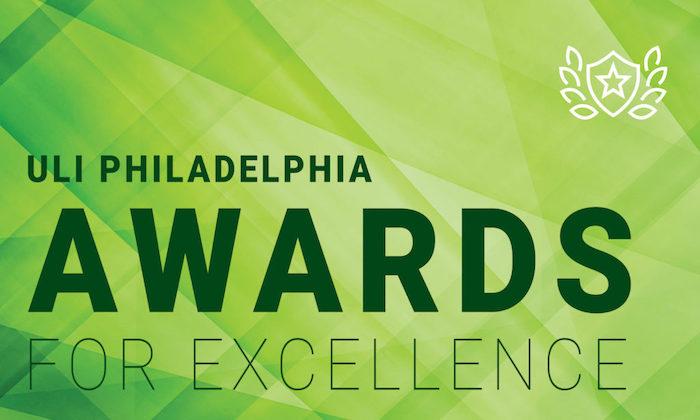The Individual Awards are designed specifically to recognize people who have demonstrated a significant and sustained leadership role in championing excellence and effectiveness of planning, implementation, and/ or advocacy work, as well contribution to community improvement within ULI Philadelphia’s regional footprint.
Nominees must meet a significant number of the award program criteria in the Leadership & Collaboration and Impact categories as detailed below and work within ULI Philadelphia’s regional footprint (Philadelphia Metro, Central Pennsylvania, Lehigh Valley, Delaware, and Southern New Jersey). Individuals from the private, public, or nonprofit sectors are eligible. Applicable examples include business leaders, educators, consultants, citizen activists, neighborhood leaders, elected or appointed officials, and community volunteers; members of commissions and committees, economic development organizations, heritage and resource conservation groups, and community groups. Anyone may nominate a candidate for award recognition in either of the below categories. Self-nominations will not be accepted. All nominations will be kept confidential.
Categories
- Emerging Leader – This category honors young leaders and students for outstanding, innovative, and sustained contributions to, and in support of, planning and real estate development in the community or region they serve.
- Visionary Leader – This category recognizes people and their efforts to achieve exemplary design, planning and or advocacy through professional practice; teaching, research, or writing; efforts in the public arena; and community leadership. The category honors professional, civic and community advocates for outstanding, innovative, and sustained contributions to, and in support of, planning and real estate development in the community or region they serve.
Criteria
Leadership & Collaboration
I. Partnerships – Demonstrating a cooperative, coordinated, and/or regional approach to planning. Using partnerships to develop and/or implement a project and achieve its goals.
II. Civic Engagement – Using a comprehensive and inclusive community involvement process and public awareness program which ensures that many perspectives are reflected in the planning process.
III. Consensus Building – Bringing stakeholders with diverse interests together to exchange ideas, build trust, bridge differences, and find mutually acceptable solutions based on a common vision and goals.
Impact
IV. Education / Advocacy – Championing or promoting a project, plan, program, or process increasing stakeholders’ and the public’s understanding of planning principles and the planning process.
V. Organizational Development – Developing a functional structure, ensuring adequate resources, and promoting effective leadership within an organization, institution, or municipal government, etc.
VI. Mobilization of Resources – Identifying, organizing, aligning, and rallying resources to achieve a planning-related goal, implement a program, or complete a specific project.
VII. Innovation – Using creative and transformative technology, processes, procedures, programs, or approaches.

